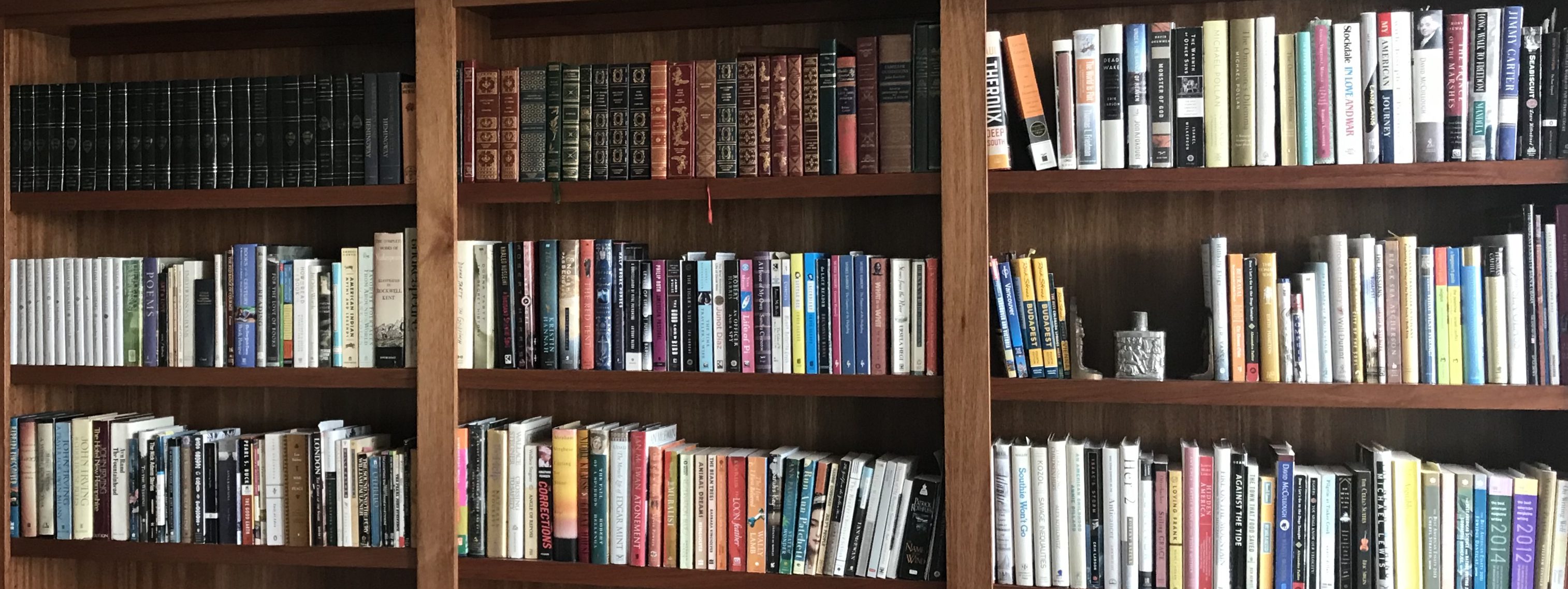
Now a racial justice educator, Debby Irving shares her story of waking up to her whiteness in her late 40s. In revealing her own upbringing and its shortcomings, and in understanding the way race and prejudice have been built into virtually every system in our country, she helps others see what was not in the textbook, not in the story, not in the discussion–at least for many of us. In her words, “being a good person” and having a “diverse group of friends” is not enough to fully understand race and white privilege. It takes deep self-examination and a dive into historical policies.
I remember a grad school class on educational diversity and racial justice in which my classmates kept referring to systemic racism, but we really never dug deeply enough into what that actually looks like in terms of educational policies, housing, the GI bill, redlining, displacement of people, etc. These are the many topics that Irving does dive into, and in doing so, she helps whites understand their whiteness, their lack of knowledge about race. I’m certainly a product of being raised in a white community in which we were taught that hard work was our reason for success. Yes, we worked hard, but we were also given so many opportunities that black and brown people were not. When my mother referred to others as “lazy” or “violent,” she left out the part about the decline in manufacturing jobs and unemployment or why people couldn’t get mortgages or why they were angry enough to become violent. Like Irving’s mom in the book, she explained that “Indians” drank themselves to death and were “uncivilized,” until whites taught them better ways. After all, in my world the word “culture” meant the ballet and the symphony, not the beliefs and values of a group of people, perhaps a group far different from my own. Other “cultures” were “inferior in so many ways.” And when we hear this form our own parents–as both Irving and I did–it becomes normalized. Yes, we understand it differently later in life, but it takes a lot more than a bit of discovery to truly understand the concept of whiteness. Yesterday at the grocery store, I was hungry enough to open a bag of chips and eat them while shopping. If I weren’t white, there’s a good chance I’d be asked to pay for that before eating, or worse, accused of stealing. My privilege allowed me to munch my way through the store. without a second thought. This is an important read–enough that I want my whole family to read it, and I’ll be doing a book study on it with my teacher colleagues because “Not talking about race is a privilege only available to white people” (100).
